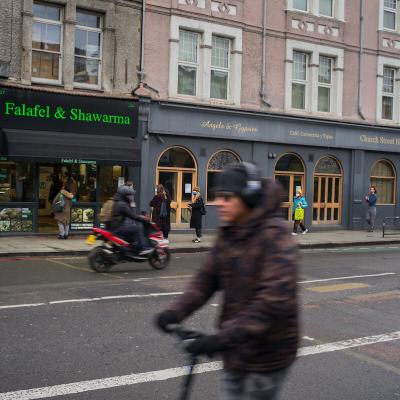Building public understanding of health and health inequalities
Building public understanding of health and health inequalities
14 March 2022
About 11 mins to read

Key points
- There is a mismatch between the public’s perceptions of what influences health (namely individual behaviour and access to care) and the clear evidence base demonstrating the significance of wider determinants of health.
- In this long read we draw on polling and recent research to explore the reasons behind public attitudes towards health and health inequalities. We look at how public health professionals can use communications techniques to improve public understanding of evidence about health inequalities.
- Research shows that people tend to filter nuanced messages about health through either an individualistic or ecological (structural) lens. Understanding how these different mindsets can promote – or obscure – people’s awareness of the significance of social determinants is an important first step in developing effective ways of framing the evidence.
- We should be aiming to shift more people towards the ecological mindset, while also being wary of a possible sense of inevitability or disempowerment at the scale of complex systemic challenges. To achieve this, we can learn from the recent change in dialogue on climate, and use tangible examples showing structural inequalities (relatable case studies cut through).
- Anyone delivering public health messages must take time to understand how their messages land with the public. With health in the public eye like never before, the forthcoming outputs of our ‘Thinking differently about health’ project (with the FrameWorks Institute) will help public health professionals build better public understanding of health inequalities.
Figure 1
Further reading
Building public understanding of health and health inequalities
1. Introduction
2. Health inequalities – does the public know or care?
3. Who does the public think is responsible for health? And has the pandemic changed people’s views?
4. What shapes public attitudes and understanding about inequalities in health?
5. Strategies for bridging the gap in understanding
6. Conclusion
Work with us
We look for talented and passionate individuals as everyone at the Health Foundation has an important role to play.
View current vacanciesThe Q community
Q is an initiative connecting people with improvement expertise across the UK.
Find out more

